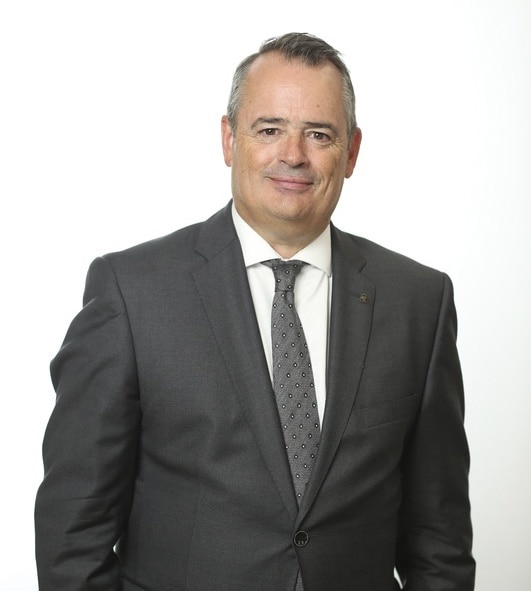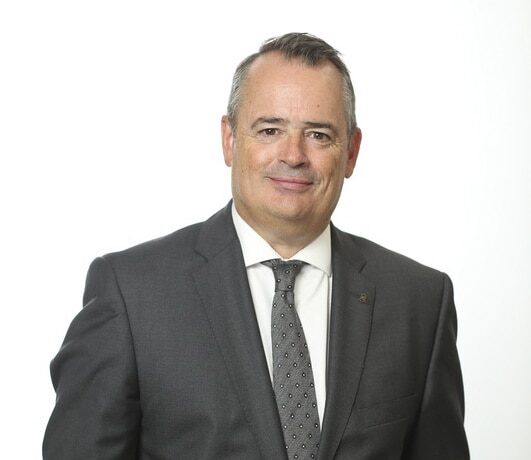
Global Finance: You’ve held the chief financial officer position across a range of industries, from online food delivery to software development. What unifying factor or common thread connects these experiences?
Paul Harrison: The skill set of a CFO transcends industry boundaries. A recurring theme in my career has been the association with technology and growth-oriented companies.
GF: How do you respond to interest rate fluctuations, considering the challenges a rapidly expanding company faces?
Harrison: That’s an excellent question, as it involves striking a delicate balance between short-term challenges and long-term considerations. At AutoStore, we continue to experience robust growth, but it’s crucial to acknowledge the broader macroeconomic influences. When examining the market, only 20% of warehouses employ the level of automation we offer, presenting a significant opportunity for us to capitalize on. The key lies in the management team and the CFO role within it, to effectively navigate the current landscape while safeguarding elements critical to our long-term success.
GF: How important is it for the CFO to meet and know their stakeholders, such as investors and clients?
Harrison: To be candid, there was a time when the CFO’s role was predominantly back-office, focused on financial control and narrowly defined responsibilities. However, in today’s landscape, CEOs seek a business partner rather than just a financial expert. They want someone who can engage in discussions beyond finance and contribute insights across the spectrum of decisions a CEO faces. As this strategic partner, you can’t remain confined to a back office; you must actively engage with customers, suppliers, employees and shareholders. By doing so, you bring a well-rounded perspective to support the CEO, marking a significant evolution in the role of the CFO over time.
GF: Another thing that has probably changed over time is the importance of environmental, social, and governance [ESG] matters. What does that mean to you?
Harrison: It’s easy to be swept up in generalizations within the ESG framework. It is early days for my tenure at AutoStore, but for me it is a business that delivers immense efficiency to our customers through cubic warehousing. This approach allows customers to operate with smaller warehouses, thereby reducing their environmental footprint. AutoStore’s contribution in this aspect sets it apart from other businesses, and I foresee this commitment continuing in the future.
GF: What keeps you up at night?
Harrison: Throughout much of my career, we experienced a relatively stable world. However, recent times have brought significant changes, including a pandemic and challenging geopolitical and macroeconomic conditions. Executives, including the CFO, are now contemplating how to navigate these uncertainties.
The focus is on preparing the organization to effectively deal with unexpected shocks, given the unpredictable nature of the world we live in today. This concern is particularly heightened in a growing business, prompting continuous reflection on ensuring that the finance function is not only suitable for the present but also aligned with the future business landscape in two, three, or four years. It involves a proactive approach of looking around corners to anticipate and address future challenges.
















